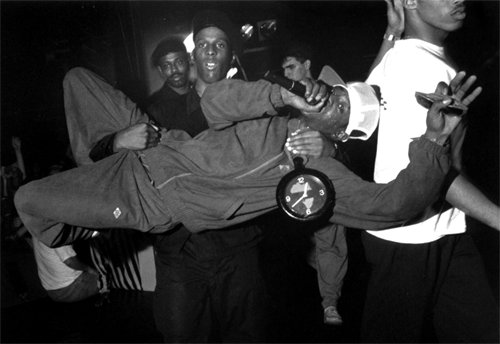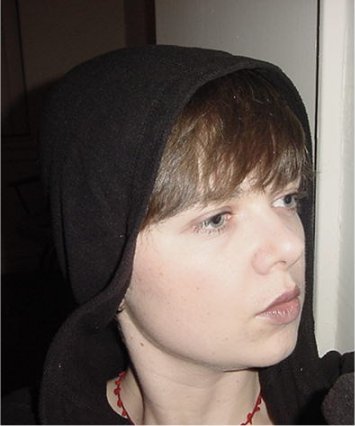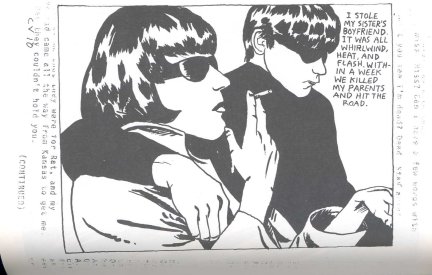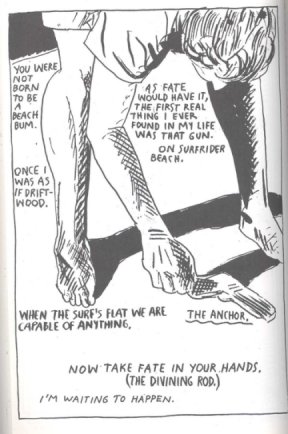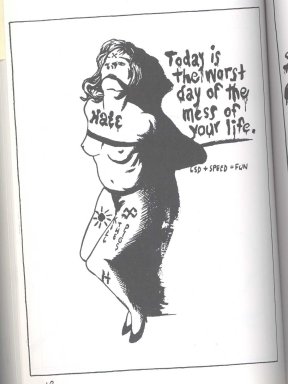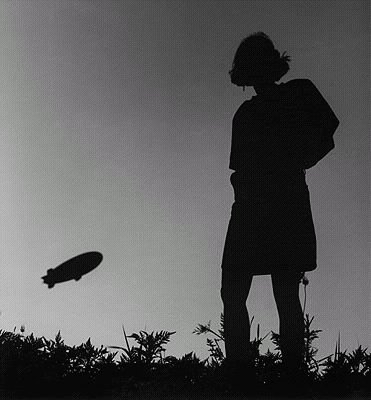
Prosecutors plan cannibal appeal
Friday, January 30, 2004 Posted: 12:23 PM EST (1723 GMT)
Meiwes said he had been in touch with hundreds of willing victims.
--------------------------------------------------------------------------------
Story Tools
--------------------------------------------------------------------------------
VIDEO
CNN's Walter Rodgers looks at the case which has shocked Germany.
PLAY VIDEO
--------------------------------------------------------------------------------
Germany's cannibal trial hears testimony from the victim's former lover.
PLAY VIDEO
RELATED
• Q&A: Germany aghast at trial
• Prosecutors want life for cannibal
QUICKVOTE
Is the sentence of eight and a half years in the German cannibal trial:
Too long
Too short
About right
VIEW RESULTS
YOUR E-MAIL ALERTS
Germany
Crime, Law and Justice
Trials
Berlin (Germany)
or Create your own
Manage alerts | What is this?
KASSEL, Germany -- German prosecutors say they will appeal against the manslaughter conviction for a self-confessed cannibal who killed and ate a man who had asked to die.
The court in Kassel ruled Friday that Armin Meiwes, a 42-year-old computer expert who met his victim on the Internet, had no "base motives" in the crime -- sparing him a murder conviction.
Meiwes admitted killing and carving up Bernd Juergen Brandes but insisted it was all consensual.
Prosecutors wanted a life term, calling the man a "human butcher" who acted to "satisfy a sexual impulse." They said Meiwes should have known his victim was disturbed and said they would appeal, Reuters reported.
Legal experts said the case could ultimately go to the country's Supreme Court because it had no precedent.
Defense lawyers said that because the victim volunteered to be killed and eaten the crime deserved to be classified as a mercy killing.
They wanted him to be convicted of "killing of request," a form of illegal euthanasia carrying a sentence of six months to five years.
Many Germans were shocked by the sentence -- as well as the evidence. "It's too lenient, he should have got life," local resident Bernd Exner told Reuters. "Society needs to be protected from people like that."
Among the evidence examined by the court was hours of video footage taken of the events of March 10, 2001.
As well as gripping the country with the power of its graphic detail, the case has also turned an uncomfortable spotlight on a hitherto unacknowledged world of cannibalism and extreme fetishism.
Meiwes told the court how he met the man via the Internet and arranged a meeting.
During the trial Meiwes' lawyer, Harald Ermel, cited e-mails in which the victim insisted on being killed and eaten. One read: "There's absolutely no way back for me, only forwards, through your teeth."
Meiwes' video of the killing, in March 2001, persuaded even prosecutors to concede the death was voluntary.
Media and observers were kept outside while the tape was shown to the court. One newspaper said a woman almost fainted during the film, which shows Meiwes talking to the severed head while he disembowels the body, hung from a hook.
Emotionless and calm, Meiwes recalled how he began the killing by cutting off the victim's penis at the victim's request, how they fried it in a pan and tried but failed to eat it.
Brandes had traveled from Berlin after answering Meiwes' advert.
Meiwes then told how they waited for hours until the victim, weakened by loss of blood from his wound, fell unconscious.
He then stabbed Brandes to death, cut him in pieces and ate 20 kilograms of him over the following months, defrosting pieces portion by portion. Psychiatric experts have found Meiwes to be sane and fit to stand trial.
He told the court he had fantasized since puberty about consuming a man. But he said he regretted the deed and would not repeat it. "I had my big kick and don't need to do this any more," he told the court.
Meiwes says he is writing a book on how he came to live his ultimate fantasy.
CNN's Walter Rodgers said: "Most Germans are aghast yet fascinated at the idea of a cannibal in their midst. This is not supposed to happen in a tidy, democratically ordered German society. And yet it did."
cnn




